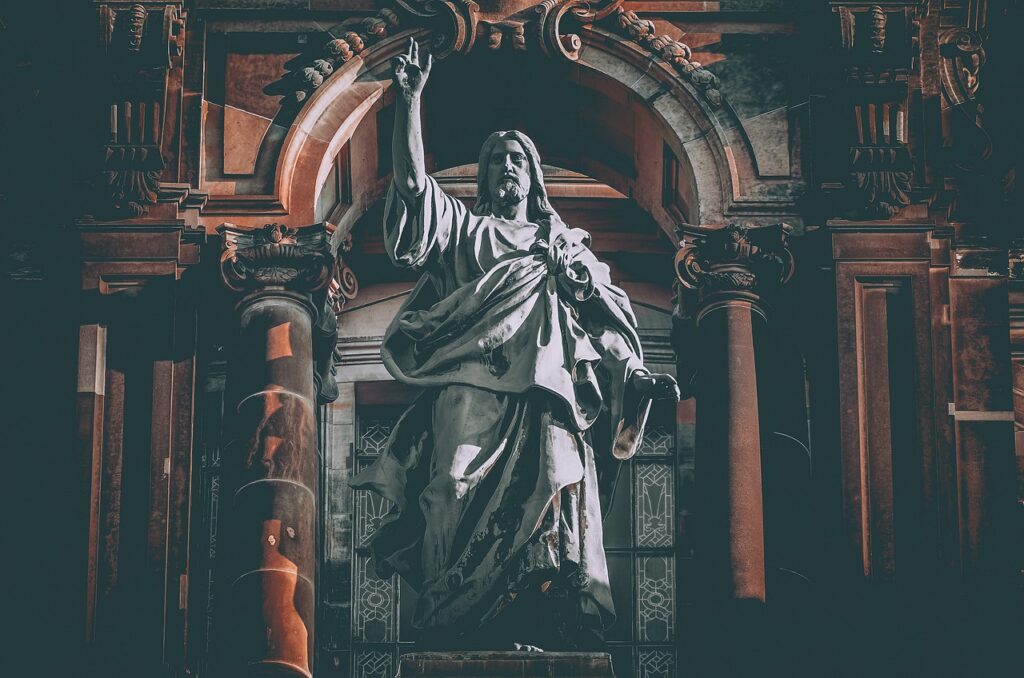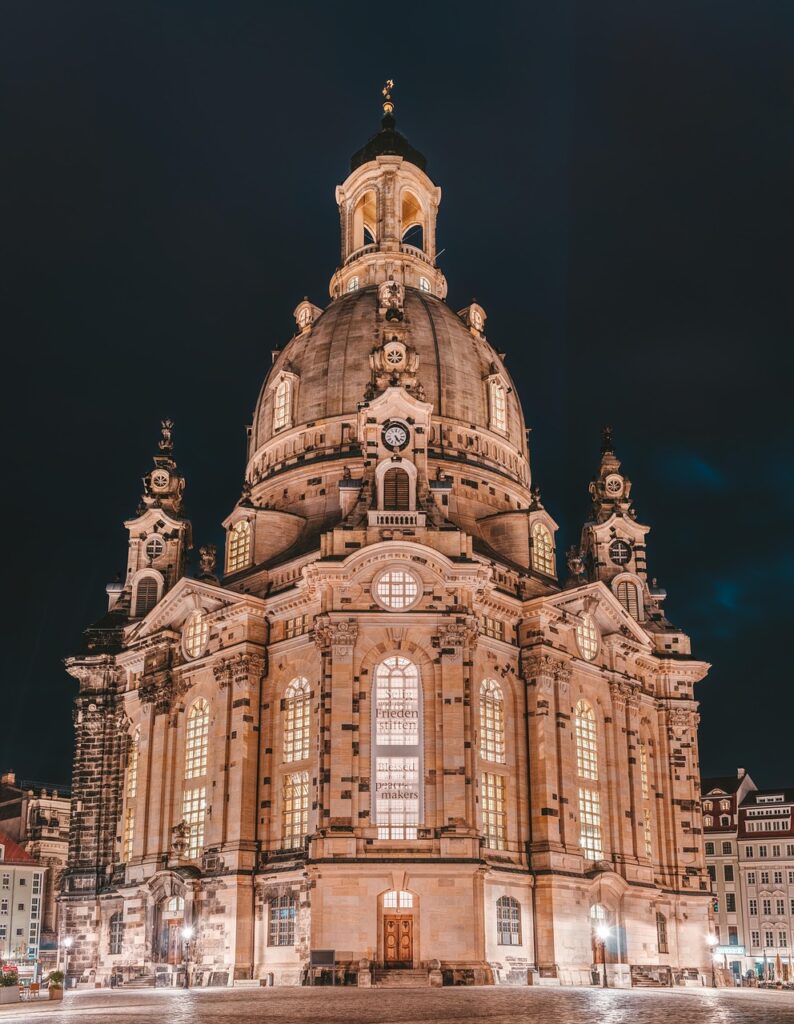- Interfaith initiatives for community Cohesion
- Peace Building, peace education and spiritual formation
- Healing and transformation Ensuring Human dignity and security of marginalized and vulnerable communities
- Advocacy on contemporary socio, economic and political issues
1 Inter faith Initiatives for Community Cohesion: To systematically address issues of religious freedom and to enable religious leaders and groups to engage actively in dialogue, build consensus and agree on initiatives that positively
Contribute towards harmonious relationships, co-existence and mutual understanding.
Stemming from the Easter Attacks and the fragile nature of national harmony, the NCCSL continued to proactively identify opportunities to identify creative initiatives to enable people to go beyond their victimhood and heal themselves and their communities, promote knowledge, to celebrate commitment to spiritual values, provide space or forum where groups and individuals could meet, listen, learn and share experience and to commence dialogue to develop a spirit of health cooperation and solidarity.
The need for ‘sustainable peace’ for the development of the country is vital Therefore, the NCCSL continued to look for possible opportunities to develop linkages with other like-minded organizations and development agencies to work in the areas of conflict transformation and peace building. The NCCSL promotes the need for dialogue to be undertaken in a spirit of forgiveness and non-retaliation so that people move towards respecting, understanding and
accepting one another’s differences in an atmosphere of justice and equality.
Therefore, NCCSL continues to expand its energy and resources in establishing and promoting dialogue.
NCCSL continues to work with interfaith leaders as well as with different religious groups with the prime aim of fostering dialogue, addressing ethnic, religious divides and thereby promoting
unity. Our goal is to enhance the capacity through their collective spiritual strengths powered by their respective religious foundations to make the leap required for the change. This process was further strengthened by the already initiated local level activities and interfaith initiatives, while continuing to motivate members of different faiths to learn about each other’s beliefs, practices and to create greater companionship and understanding.
Interfaith Forums
The NCCSL continues the interfaith journey in two phases. Firstly, with the interfaith forums regionally at grass root level with local religious and community leaders initiated through the churches, regional councils and diverse inter faith forums. Where necessary or an opportunity
exists, interfaith regional forums have been formed. Secondly through the ‘national forums’ established independently as called by the State or initiated based on the situation of the country. The goal is to address the wider population in times of conflict.
These forums have also acted as advocacy and lobby groups against social injustice, violence and marginalization.
Inter-faith Regional Activities
During the year with the timely visit of Fr Michael Lapsley, meetings were initiated regionally and nationally.
- An open forum discussion with Fr Michael Lapsley and monks on the relevance and the faith context of healing of memories from different religious theological understandings was conducted at the ‘Walpola Rahula Institute’.
- Inter-religious discussions were held periodically amongst the clergy and the laity in Ampara, Anuradhapura, Mannar, Rajanganaya, Kantalai Colombo, Galle, Matara,Hambantota and Hatton Regions.
- Meetings were conducted both month and bi monthly to collectively respond to the following identified challenges.
- Peace activism in the face of the government’s policies on peace
- Facing the nationalism challenge
- Develop interreligious and inter-ethnic harmony
- Building peace and reconciliation through dialogue and to start building bridges across ethnic and religious communities.
- To ensure religious freedom for all leaving aside pre conceived notions and suspicions that lead to discriminatory behavior and actions.
- To eliminate fear and suspicion through open dialogue.
- Dialogues with communities, civil society people’s forums, movements, alliances
- Public Meeting at Christ Churc Dehiwala with Fr Michael Lapsley on the journey of healing
- Citizen Rights Committees have been formed to strengthen the rights of the citizens
- Awareness has been raised at community level.
- The Council networked with like-minded organizations and participated in various activities in promoting the rights of people.
- Anti-Muslim agitations and riots –networked with inter faith forums and religious groups at national and local levels to mitigate the escalation of violence, promoting tolerance and co-existence.
- Easter Sunday Attacks –
- Dialogues have been initiated in Colombo, Matara, Anuradhapura, Vavuniya and Batticaloa to address Post Easter Sunday Terror Attacks, co-existence, reconciliation and healing.
- Local level Religious and Civil Society Actors dialogue in Anuradhapura in August 2019
- Civil society organizations – engaged in peace building in Hambantota in August 2019
The following meetings were held as initiated by the participants of the above programmes
Inter-faith National Level Activities
- Continued ‘one on one’ and direct discussions with the national level religious leaders for solidarity and action with regard to the Eater Sunday Attacks
- Meetings for proactive responses and to be an advisory group to the key decision makers in the State
- Collective press briefing and media interviews as facilitated by NCCSL
Inter-faith Regional Activities
| Location | Date/s | No of Leaders |
| Colombo | 09th October 2019 | 22 |
| Hambantota | 05th November 2019 | 25 |
| Mannar | 26th November 2019 | 18 |
| Anuradhapura | 13th Oct and 25th Nov 2019 | 48 |
| Bandarawela –Uma Oya | 06th Oct and 12th December 2019 | 55 |
| Matara | 15th October 2019 | 35 |
- Continued discussions with Ven Banagala Nayaka Thero, who is actively involved in social relief activities and a promoter for peace and unity.
- ‘Critical Thinking Forum’ organized with Fr Michael Lapsley with Ven Galkande Dammananda Thero and the leading Buddhist monks and scholars
- Discussion with the heads of Churches/denominations and organizations with Fr Michael Lapsley over the future and the work aheain a fragile environment and the strategies so required
- Discussion with Muslim Community Leaders and Fr Michael Lapsley on the aftermath of the Easter Attacks and the journey ahead for the different communities
- A workshop on ‘Serving Humanity in a Broken World’ for Young Buddhist Clergy at the Postgraduate Institute of Pali and Buddhist studies conducted with Fr Michael Lapsley
- Assistance for Post Easter Sunday Terror victims – 50 affected families were provided with dry rations and 12 families assisted towards repairing the damaged shops in Minnuwangoda. The programme was initiated by the Inter – faith Forum for victimized Muslim and Sinhala families



